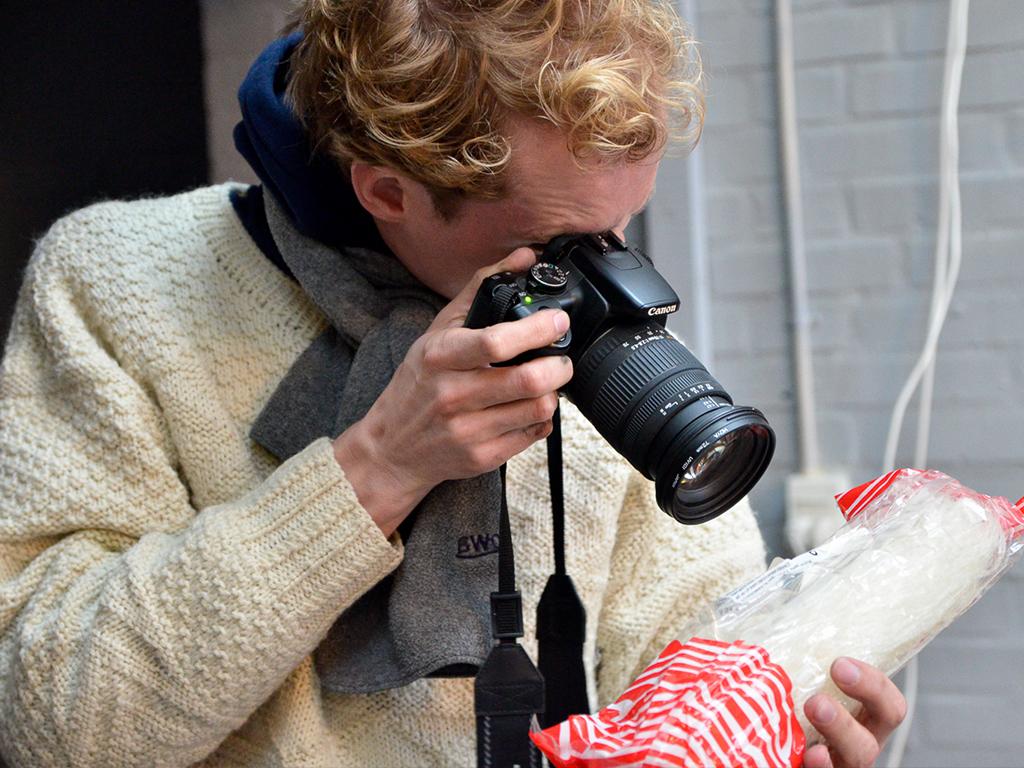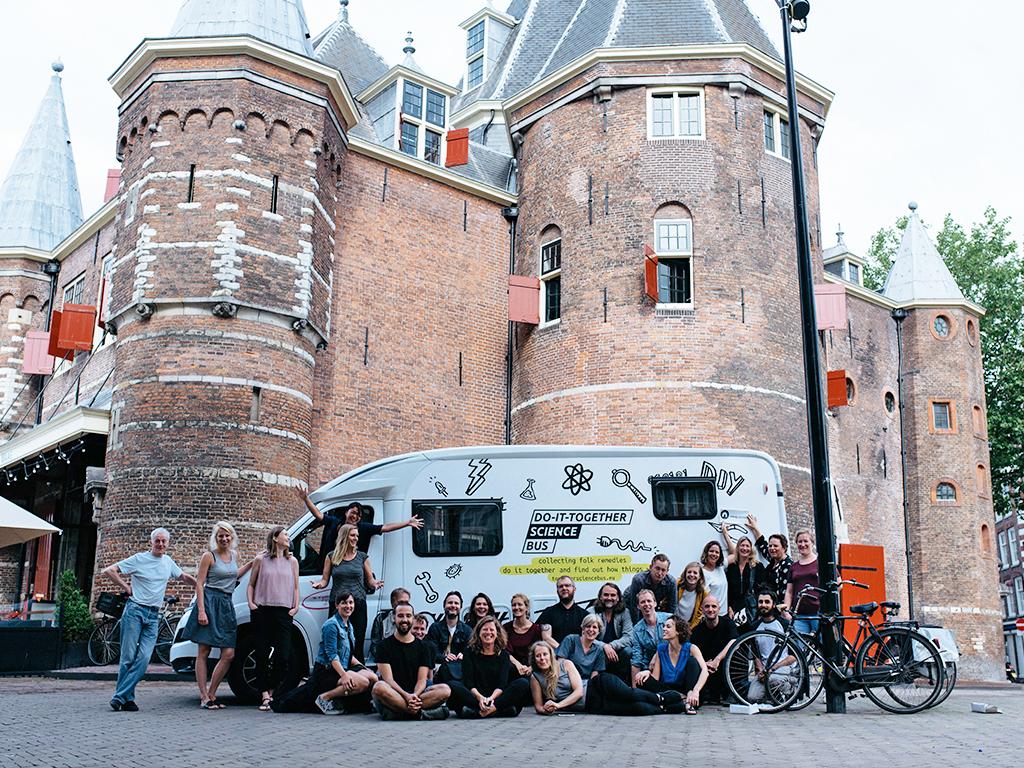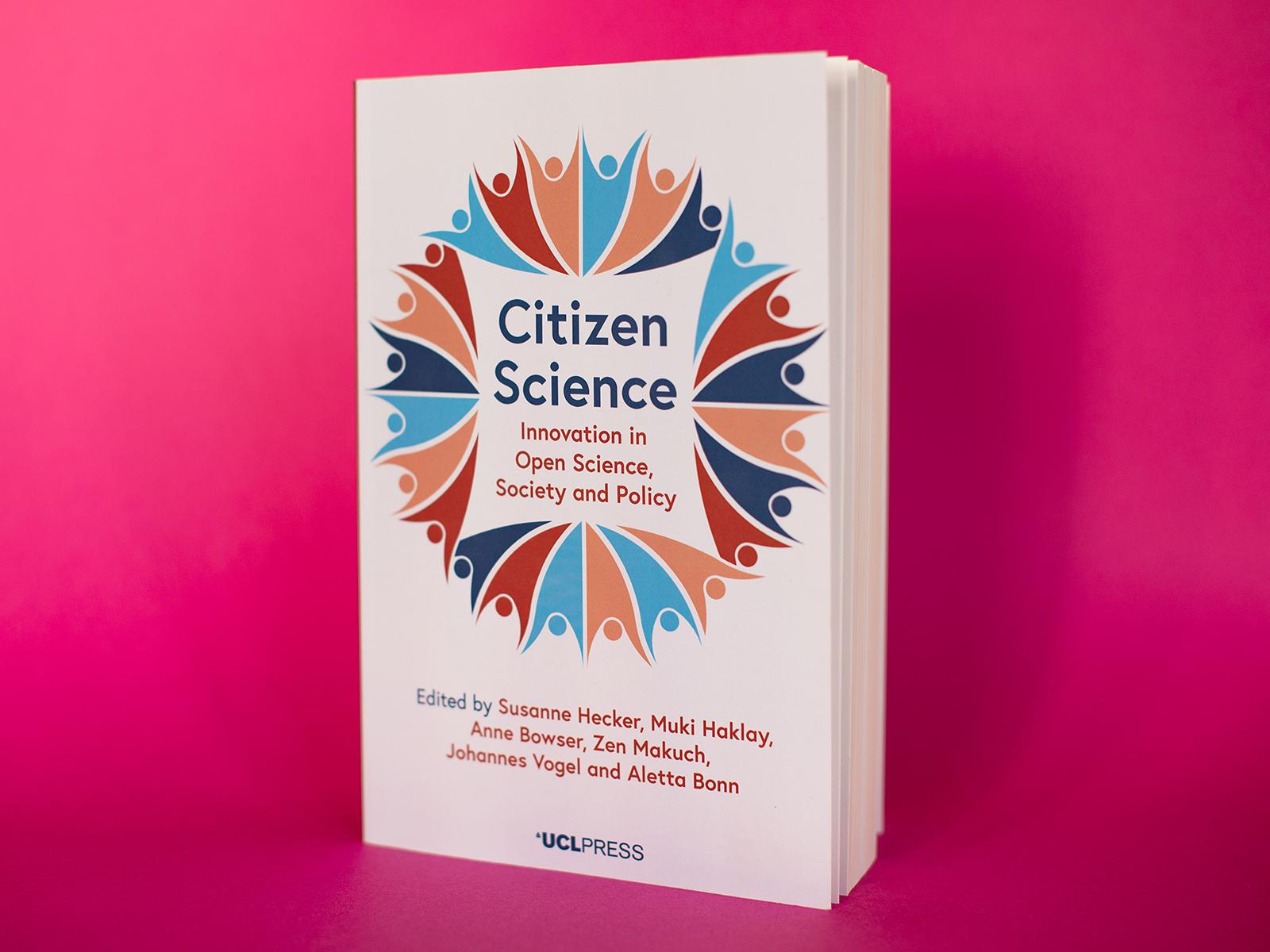Pieter van Boheemen (Open Wetlab Waag) will participate in a panel discussion called 'The changing face of expertise in 21st century: Perspectives on DIY' at the Science in Public (SIP) conference in Sheffield (UK) on Wednesday 12 July 2017.
About the panel discussion
Technologically-oriented DIY practices like the ‘Maker Movement’, ‘civic science’, and ‘DIYbio’ not only seek to produce accessible tools and techniques, but also egalitarian social relations that purposefully erode boundaries between experts and ‘lay people’. ‘Civic agency’ through tinkering builds new types of technical capacity and enables political participation.
With new tools and arrangements ‘civic agents’ are challenging truth and authority and are bringing on a new ways of thinking and understanding through the use of distributed innovation tools to achieve actionable goals and policy change. However, many remain cautious. While some hold that the unqualified are rarely in a position to make technical contributions, others critique the narrow focus on what forms of ‘expertise’ publics of various kinds can be deemed to have, and for which they have rights of recognition. In this session we question the role of expertise in this changing landscape of knowledge production and practice, facts are uncertain, values in dispute, stakes high, and decisions urgent.
The panel brings together 5 different stakeholder perspectives: the DIYbio community, the government agency, the policy connection, the academic, and the science communicator, to introduce the topic of the changing nature of expertise in the context of DIY inquiry and practice.


